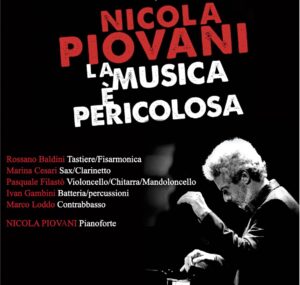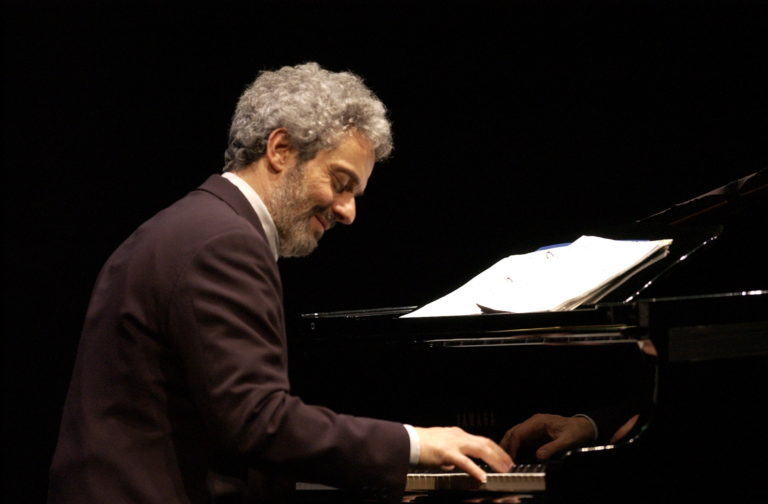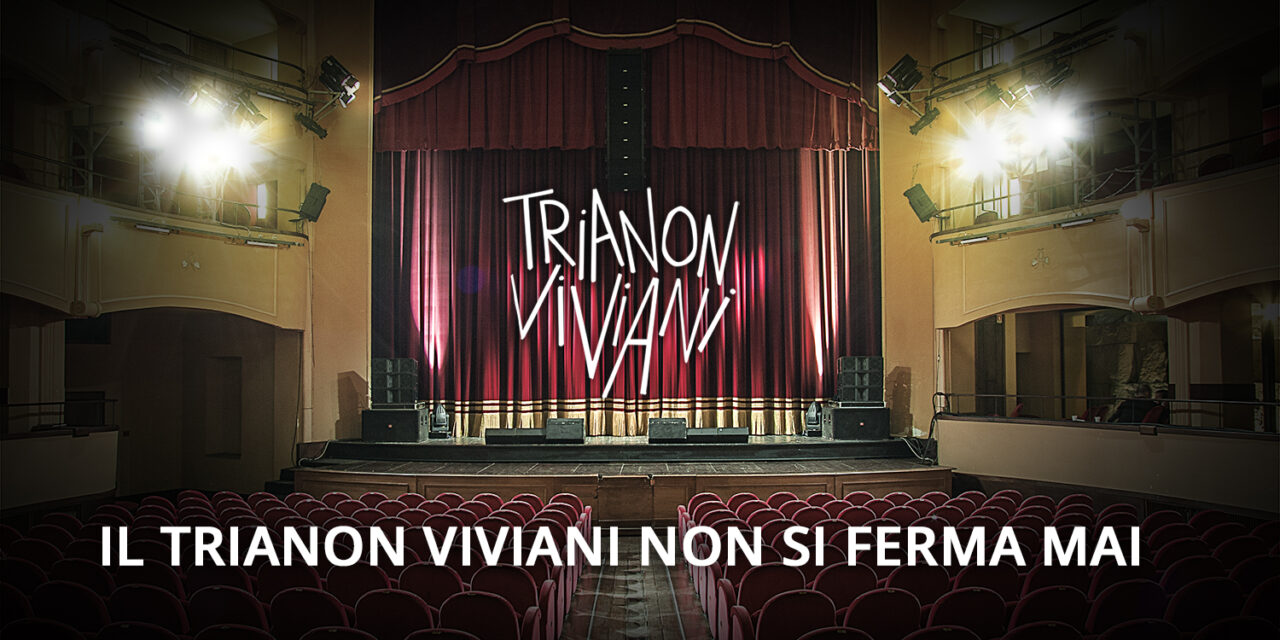The Trianon Viviani Theatre is located in the Forcella quarter of the ancient center of Naples. It was inaugurated on November 8, 1911, with the famous comedy, Miseria e Nobiltà (Poverty and Nobility) by Eduardo Scarpetta (1853-1925), marking the debut of his son Vincenzo (1877-1952) in the role of the protagonist Felice Sciosciammocca. In its fortunate history, this theatre offered an ample program of opera, operetta, drama, comedy, and variety, and hosted all the main artists of the Neapolitan scene of the twentieth century. The presence of the major theatrical families (such as the De Filippos, Vivianis, Fumos, and Maggios) has made it a point of reference for traditional Neapolitan theater. In the 1930s it was also characterized by the sceneggiata, a very popular genre of musical theatre that had a revival in the 1970s.
In 1947 it was transformed into a cinema; in the early 2000s, it was renovated and restored to its former glory as a theatre. It was inaugurated on December 7, 2002, with Eden Teatro (Eden Theatre) by Raffaele Viviani (1888-1950), directed by Roberto De Simone. Among the most popular productions, there was a new staging of La Cantata dei Pastori (The Shepherds’ Cantata), directed and performed by Peppe Barra, with scenography by Emanuele Luzzati (1921-2007). In 2004 it won the prestigious prize “Eti – Gli Olimpici del Teatro” in the category “best musical comedy”. Currently, the Trianon Viviani Theatre has the mission to promote the Neapolitan song between tradition and contemporaneity, in consideration of the tourism market.

La Musica è Pericolosa. Concert at the Trianon Viviani Theatre in Naples. Poster.
On May 29, 2021, a beautiful concert by Nicola Piovani marked the reopening of the Trianon Viviani Theatre after its pandemic closure. In her inaugural greeting, the artistic director and famous actress Marisa Laurito underlined with emotion the theatre’s mission to remain close to its audience despite the difficulties of this period. In fact, many live streaming events were organized. They are available on the theatre’s web TV (https://www.teatrotrianon.org/webtv/) and on its Official Facebook page (https://m.facebook.com/pg/teatrotrianon/posts/?ref=page_internal).
The emotion of returning to performing in front of the people was also visible in Maestro Piovani (piano) and in his musicians Marina Cesari (sax and clarinet), Pasquale Filastò (cello and guitar), Ivan Gambini (drums and percussion), Marco Loddo (contrabass), and Sergio Colicchio (keyboard and accordion).

Maestro Nicola Piovani in concert. Press photo.
In his long career, Maestro Piovani has worked with some of the most important Italian film directors: Federico Fellini, Mario Monicelli, Nanni Moretti, Giuseppe Tornatore, and many others. The title of the concert, La musica è pericolosa (Music is dangerous), is a tribute to Federico Fellini (1920-1993). The first two instrumental pieces were taken from the films L’intervista (The interview) and Ginger and Fred. Then, we heard pieces from the films Il traditore (The traitor) by Marco Bellocchio and Il Marchese del Grillo (The Marquis of Grillo) by Mario Monicelli (1915-2010).
Movie posters and some significant stills were projected on the screen. Moreover, Maestro Piovani narrated important episodes of his personal and artistic life that made the musical performance even more touching. He believes music has a “playful dangerousness” because it allows emotions and beauty to be experienced; it is an encounter that can deeply change the human soul.
The second part of the concert was a tribute to the city of Naples and the popular Neapolitan song. The third part of the concert was dedicated to the songs that Maestro Piovani wrote for Fabrizio De Andrè (Storia di un impiegato) and Roberto Benigni (Quanto t’ho amato), with a special tribute to the song Caminito interpreted by Marcello Mastroianni (1924-1996).
Maestro Piovani is internationally known as the winner of the 1999 Best Original Dramatic Score Oscar for the film La vita è bella (Life is beautiful) by Roberto Benigni, and with this, the concert ended: loud applause and standing ovations celebrated the special evening in which the authentic meaning of the “live show” was perceived in all its glory. This concert will remain a milestone in the long and rich history of the Trianon Viviani Theatre in Naples. It was an experience of rebirth and hope for a better future for the performing arts.





